Poison plant and children
paulsiu
12 years ago
Related Stories

KIDS’ SPACES15 Ideas for a Children’s Discovery Garden
Pique curiosity and encourage creativity by adding play features that appeal to kids’ imagination and senses
Full Story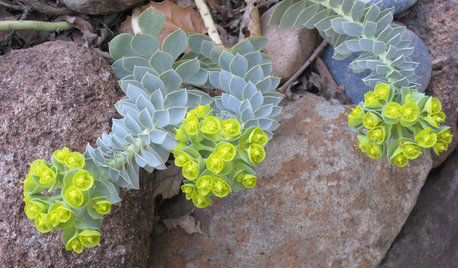
BLUE AND GRAY FOLIAGEGreat Design Plant: Donkey Spurge
Yes, there's the awful name, plus the sap issue. But this plant's foliage and flowers bring something special to Eastern U.S. gardens
Full Story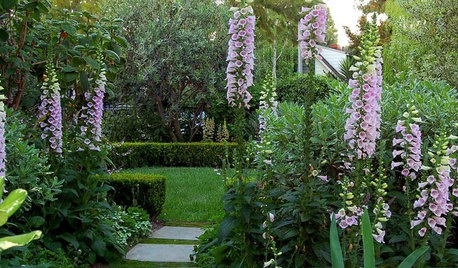
PETSGarden Alert: 22 Plants to Keep Away From Pets
Avoid potential danger by keeping dogs and cats away from these landscaping and houseplant favorites
Full Story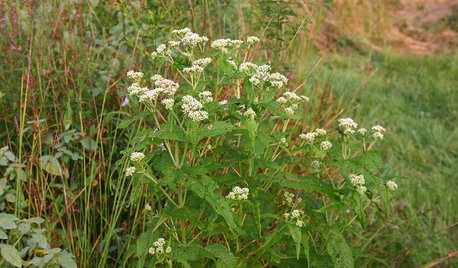
GARDENING GUIDESGreat Design Plant: Common Boneset Helps Good Bugs Thrive
Support bees, moths and butterflies with the nectar of this low-maintenance, versatile and tactile prairie-style plant
Full Story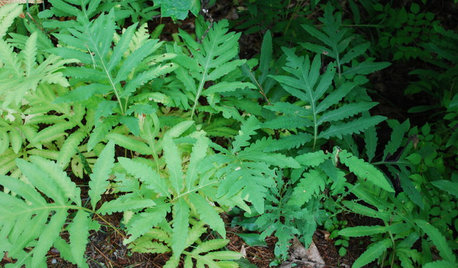
GARDENING GUIDESGreat Design Plant: Sensitive Fern Shows Its Strengths
Wondering what will thrive in your wet, shady garden? It’s Onoclea sensibilis to the rescue
Full Story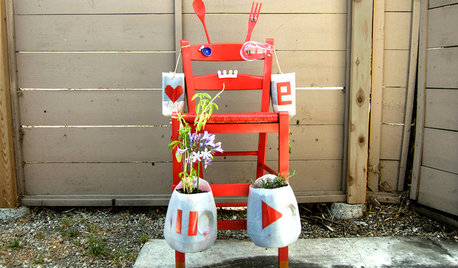
DIY PROJECTSMake a Fun Robot Plant Holder for Kids
Introduce your children to the wonders of gardening by appealing to their love of robots
Full Story
HOUSEPLANTS10 Top Plants to Grow Indoors
Brighten a room and clean the air with a houseplant that cascades artfully, stretches toward the ceiling or looks great on a wall
Full Story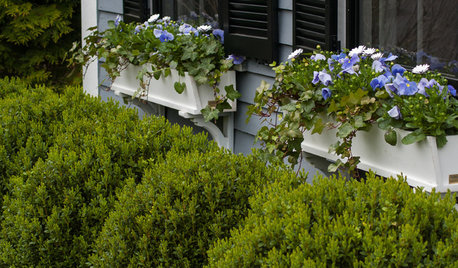
GARDENING GUIDESMake Sure You Read This Before Buying New Plants
Follow these 10 plant-selection tips to avoid buyer’s remorse
Full Story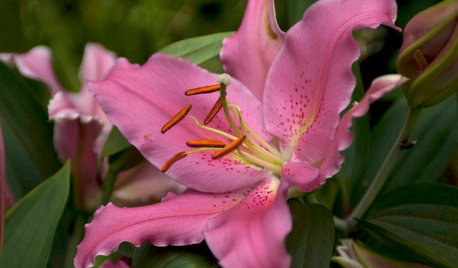
FLOWERSGreat Design Plant: Lilies
Try these delightfully exotic stunners for paintbox colors, deep fragrance and intricately detailed petals
Full Story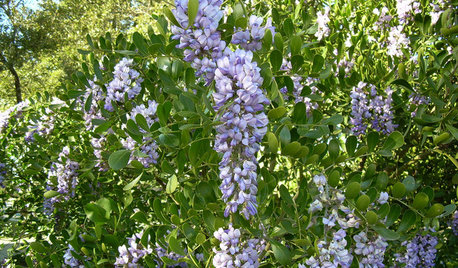
GARDENING GUIDESGreat Design Plant: Texas Mountain Laurel
An unusual scent and lush violet-blue blooms make this heat-loving plant a singular choice for your landscape
Full StoryMore Discussions








ken_adrian Adrian MI cold Z5
sharoncl
Related Professionals
Maple Valley Landscape Architects & Landscape Designers · East Rancho Dominguez Landscape Architects & Landscape Designers · Graham Landscape Architects & Landscape Designers · South Elgin Landscape Architects & Landscape Designers · Newcastle Landscape Architects & Landscape Designers · Brownsville Landscape Contractors · Edinburg Landscape Contractors · Fairhope Landscape Contractors · Fruit Heights Landscape Contractors · Golden Gate Landscape Contractors · La Vista Landscape Contractors · Madera Landscape Contractors · Pleasant Hill Landscape Contractors · Silver Firs Landscape Contractors · Crowley Landscape ContractorsTiffany, purpleinopp Z8b Opp, AL
terrene
mytime
perennialfan273
perennialfan273
christie_sw_mo
ken_adrian Adrian MI cold Z5
jolj
kimka
pizzuti